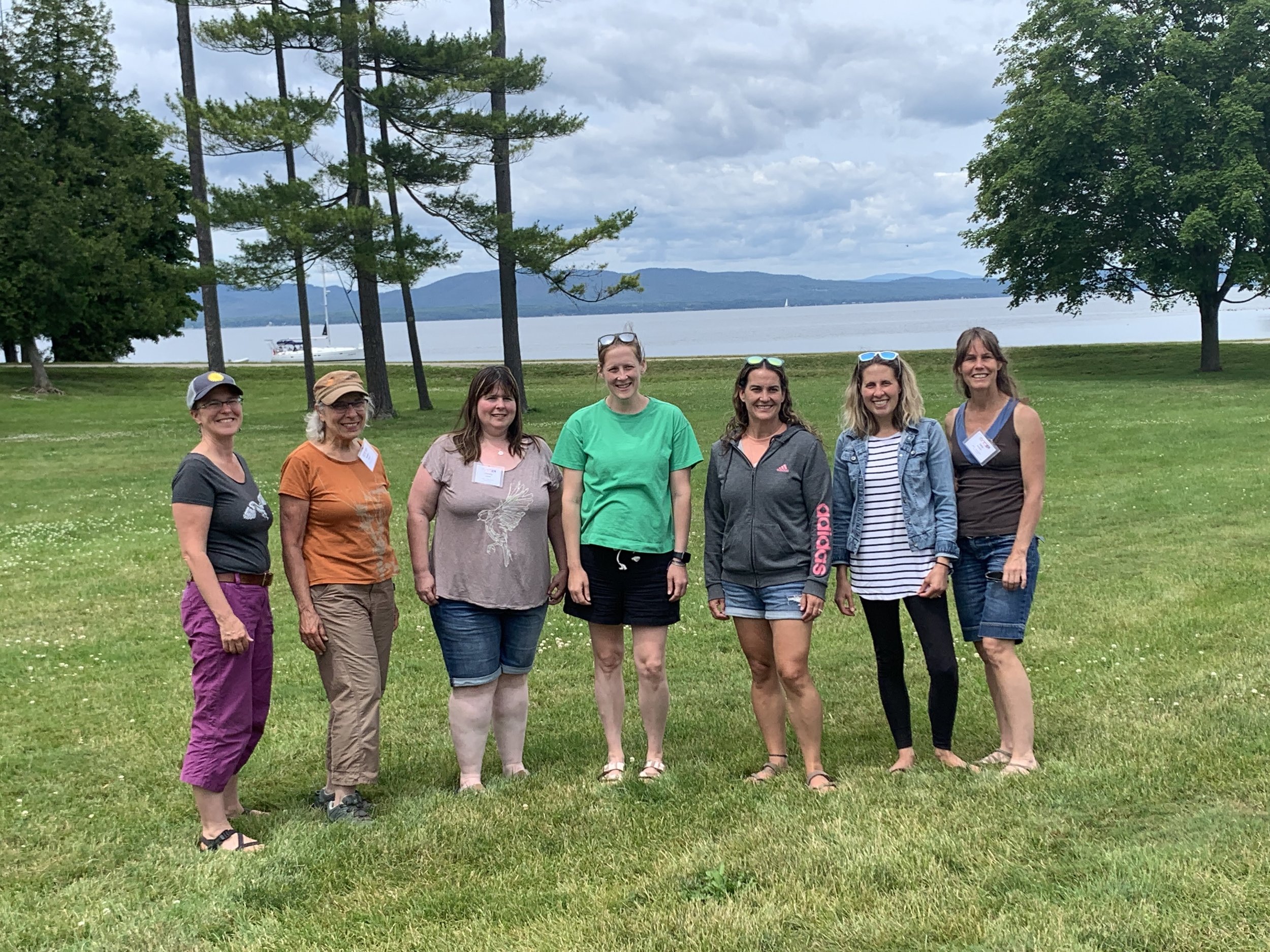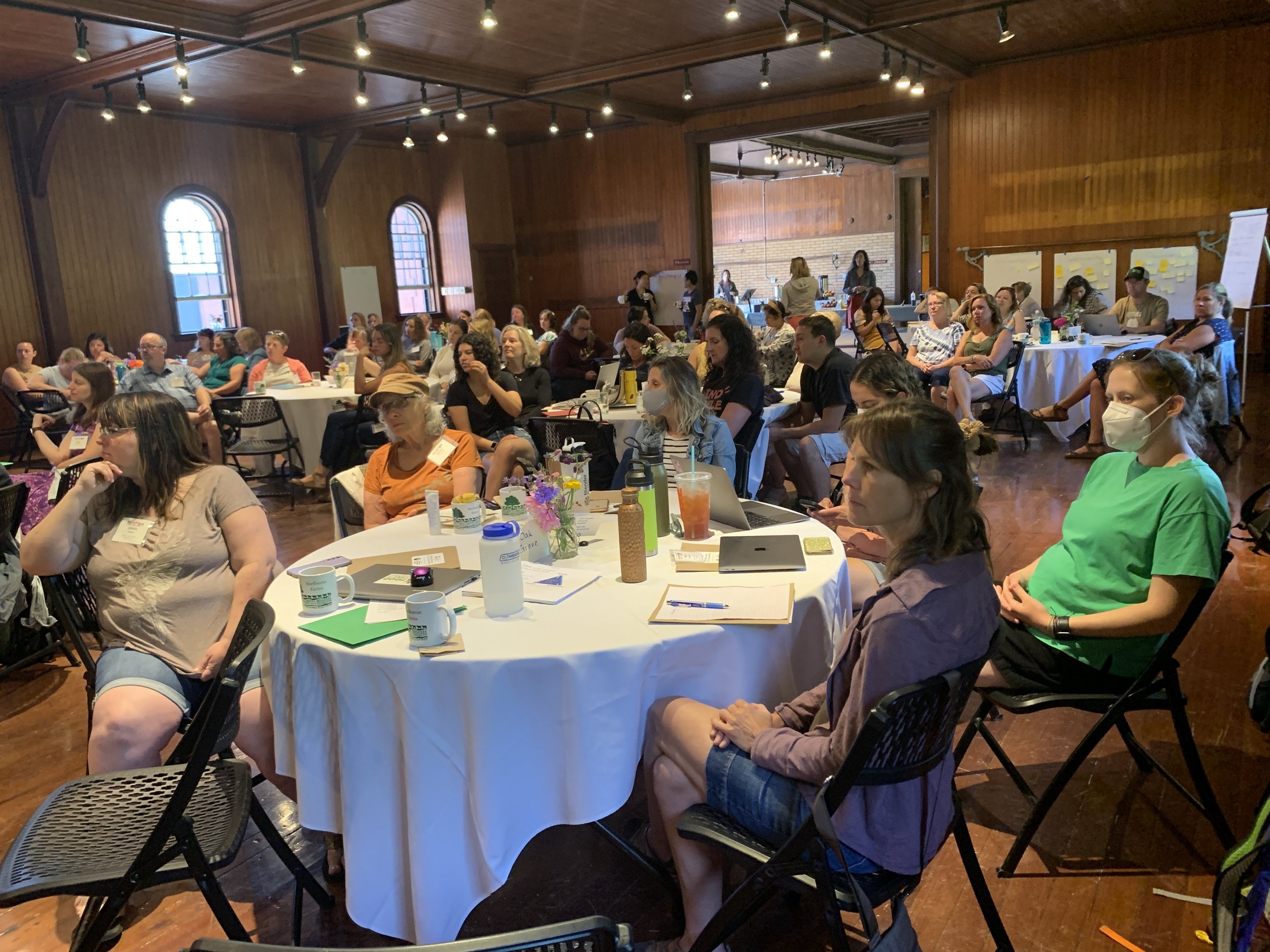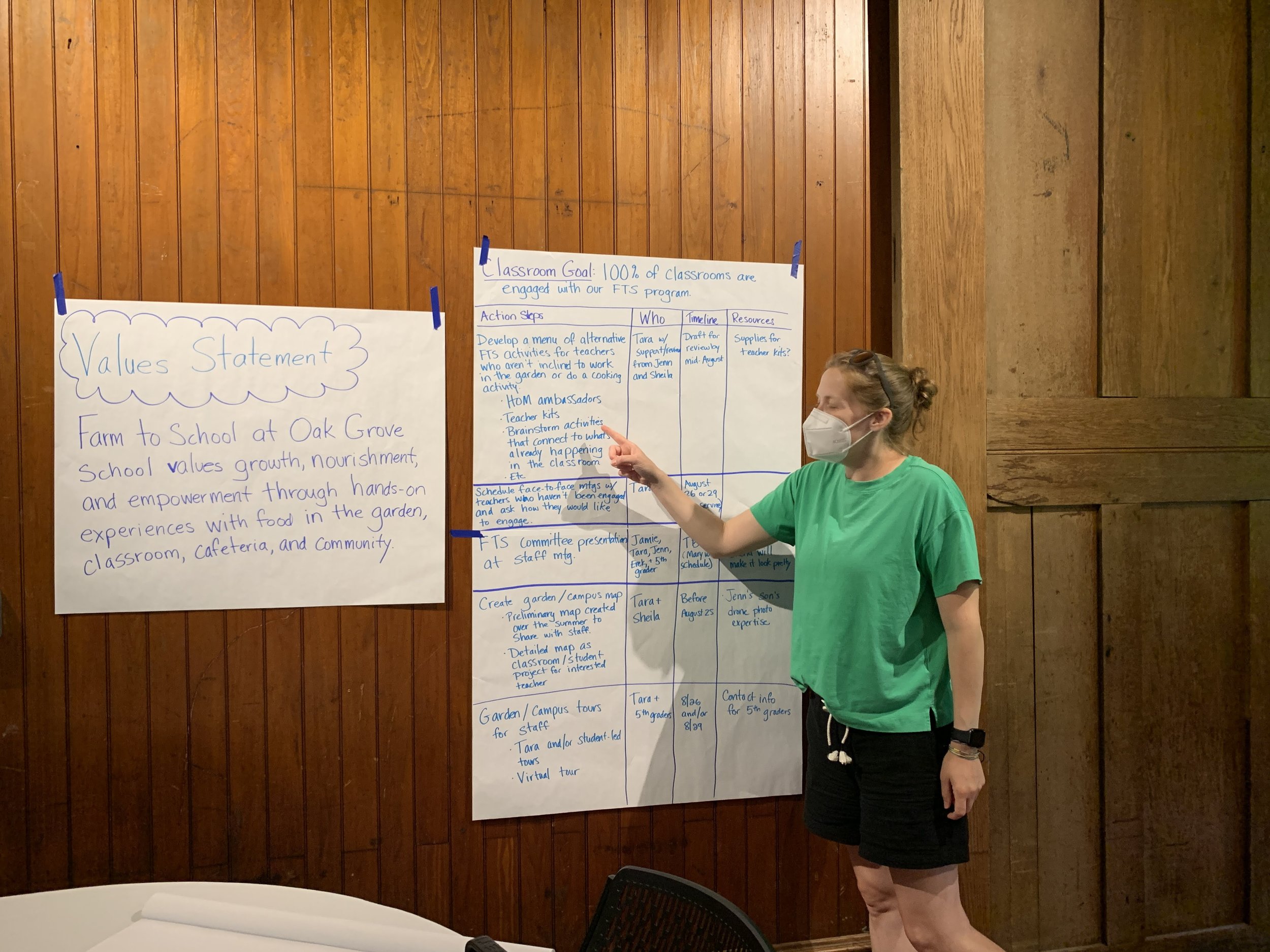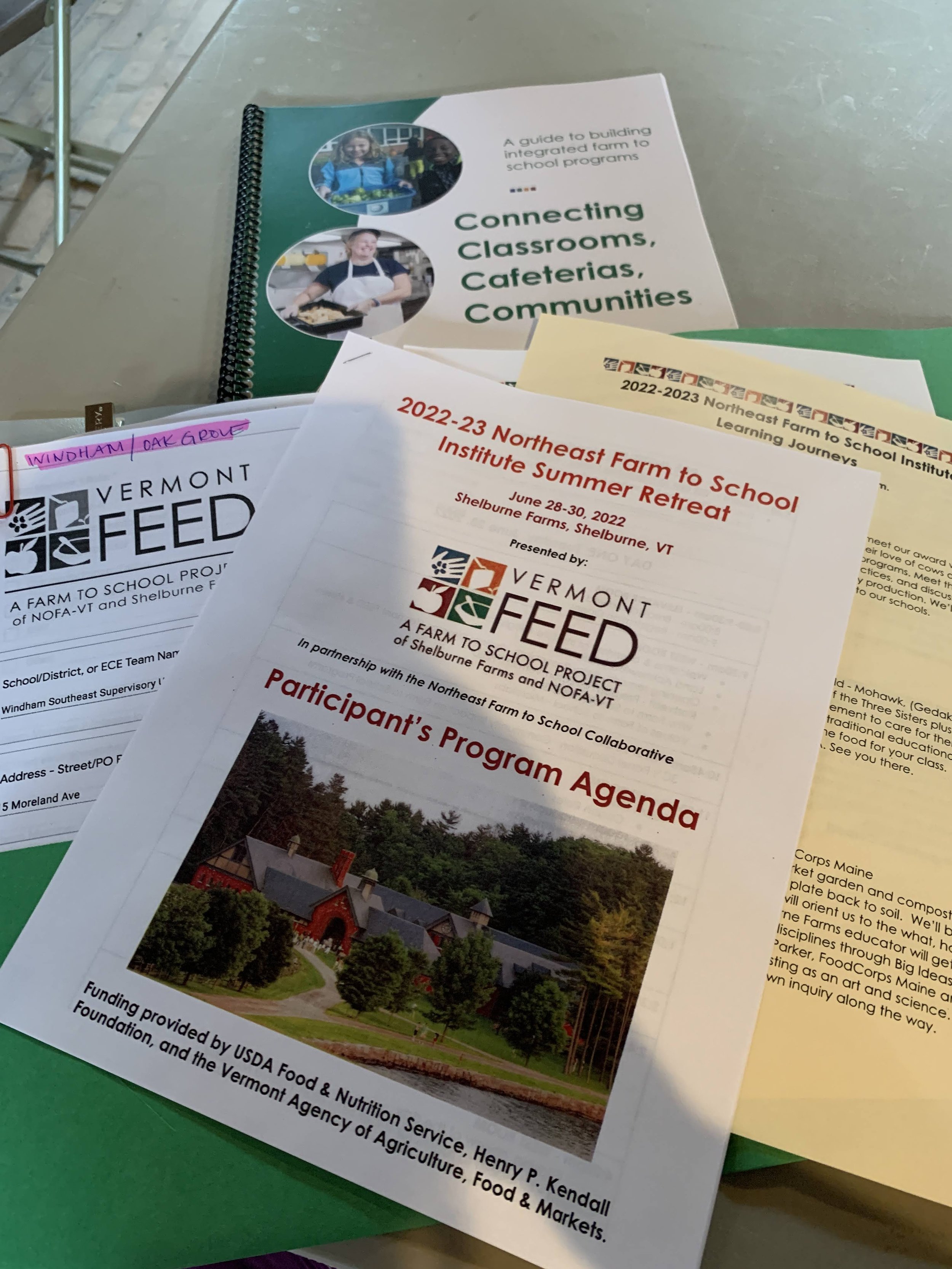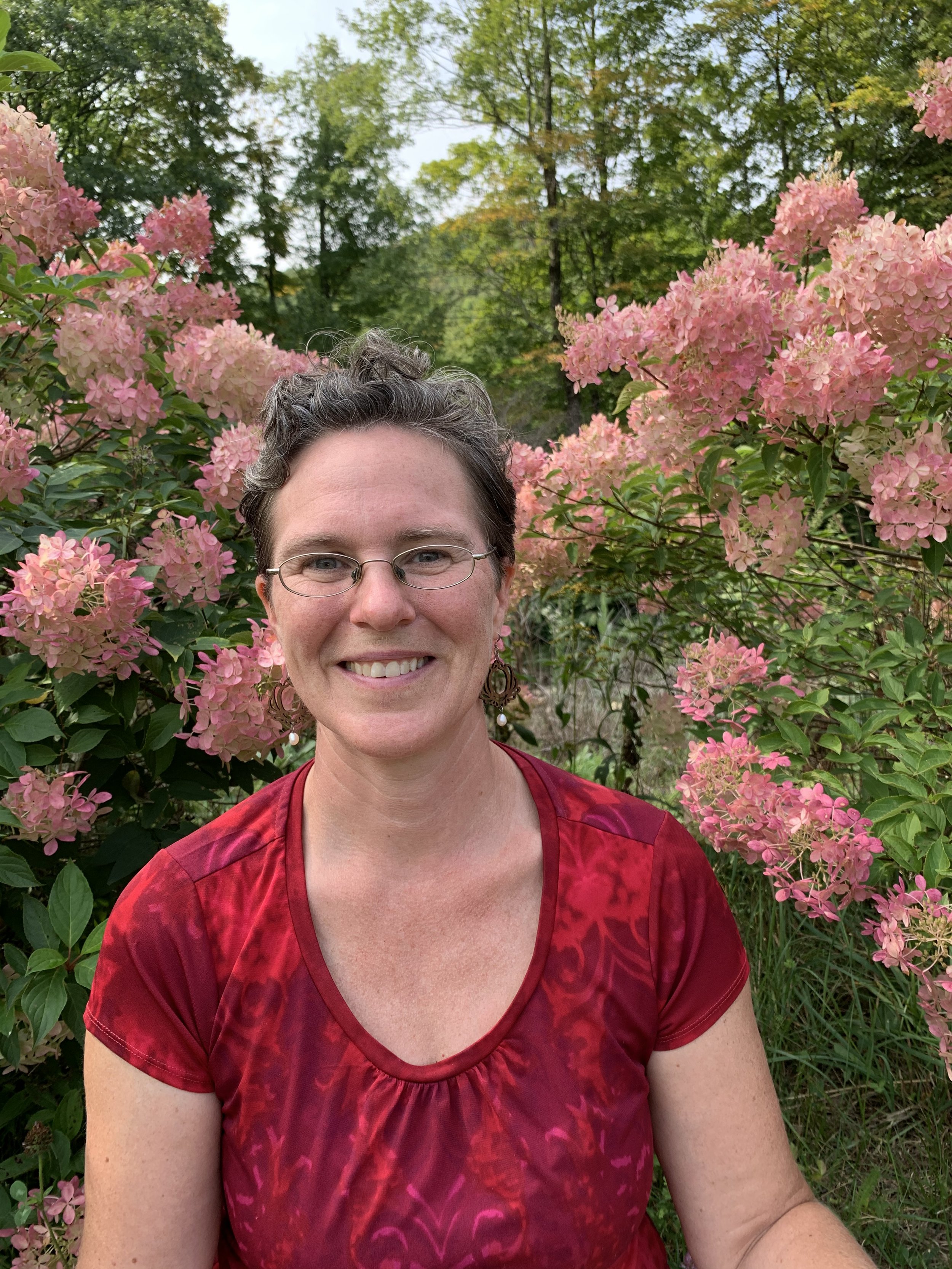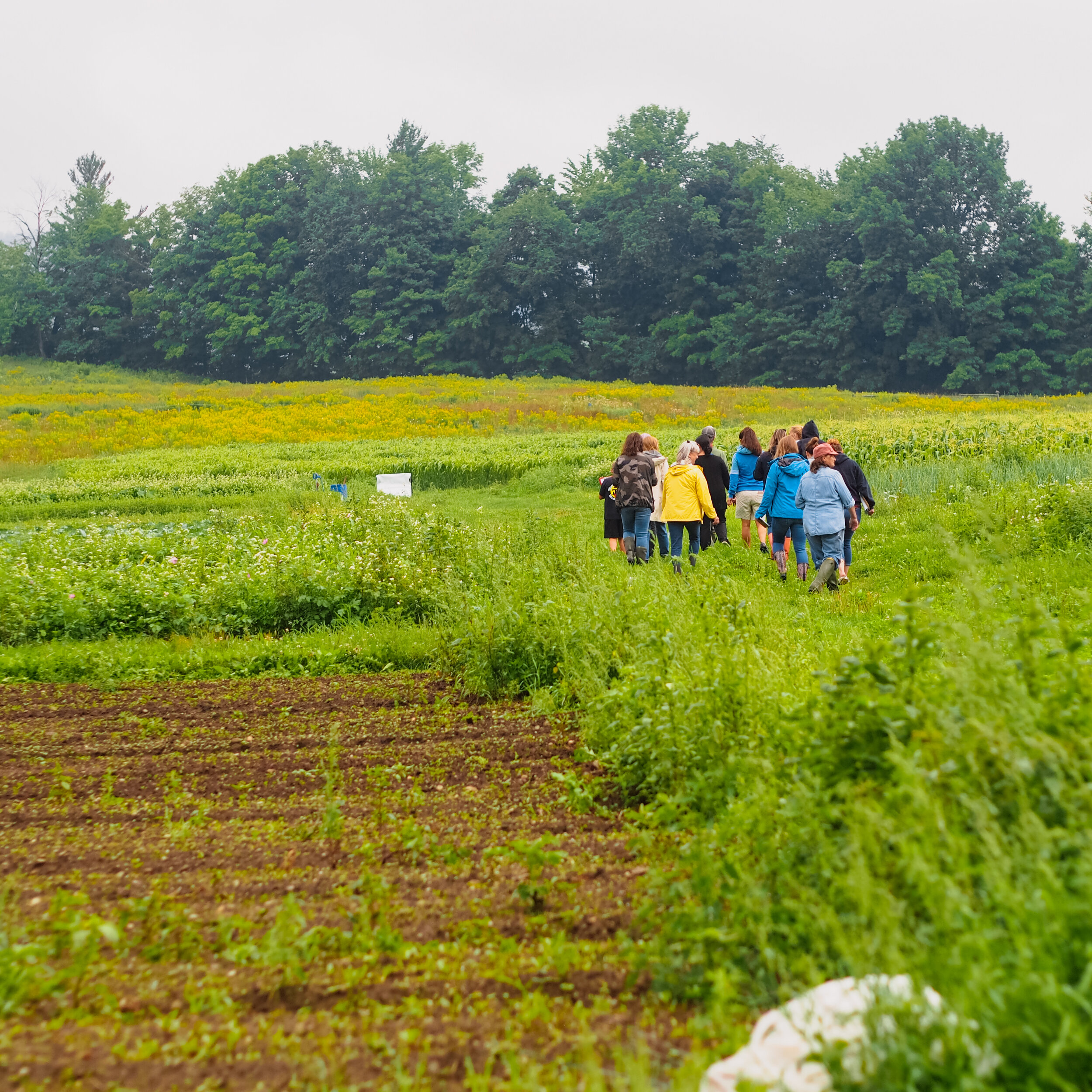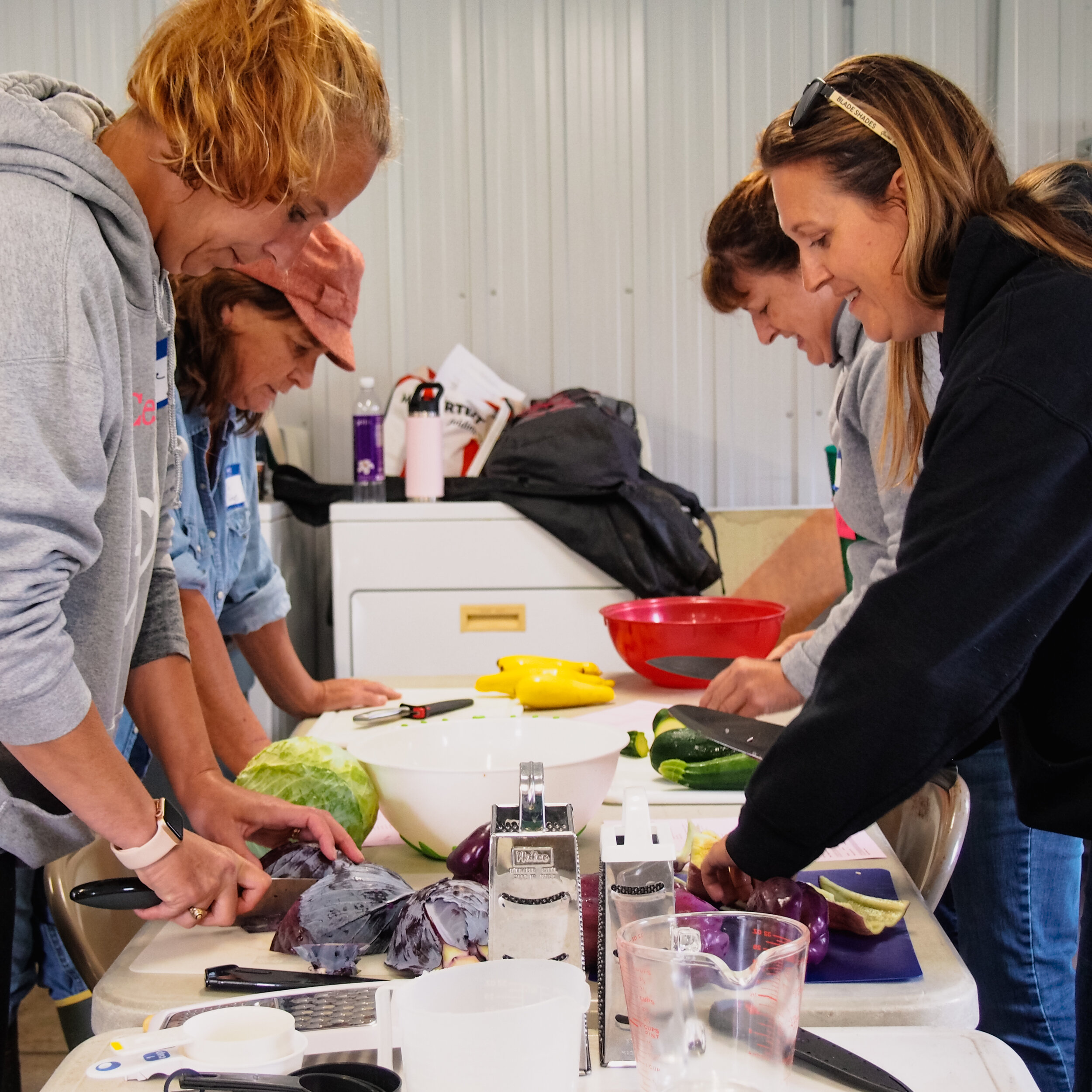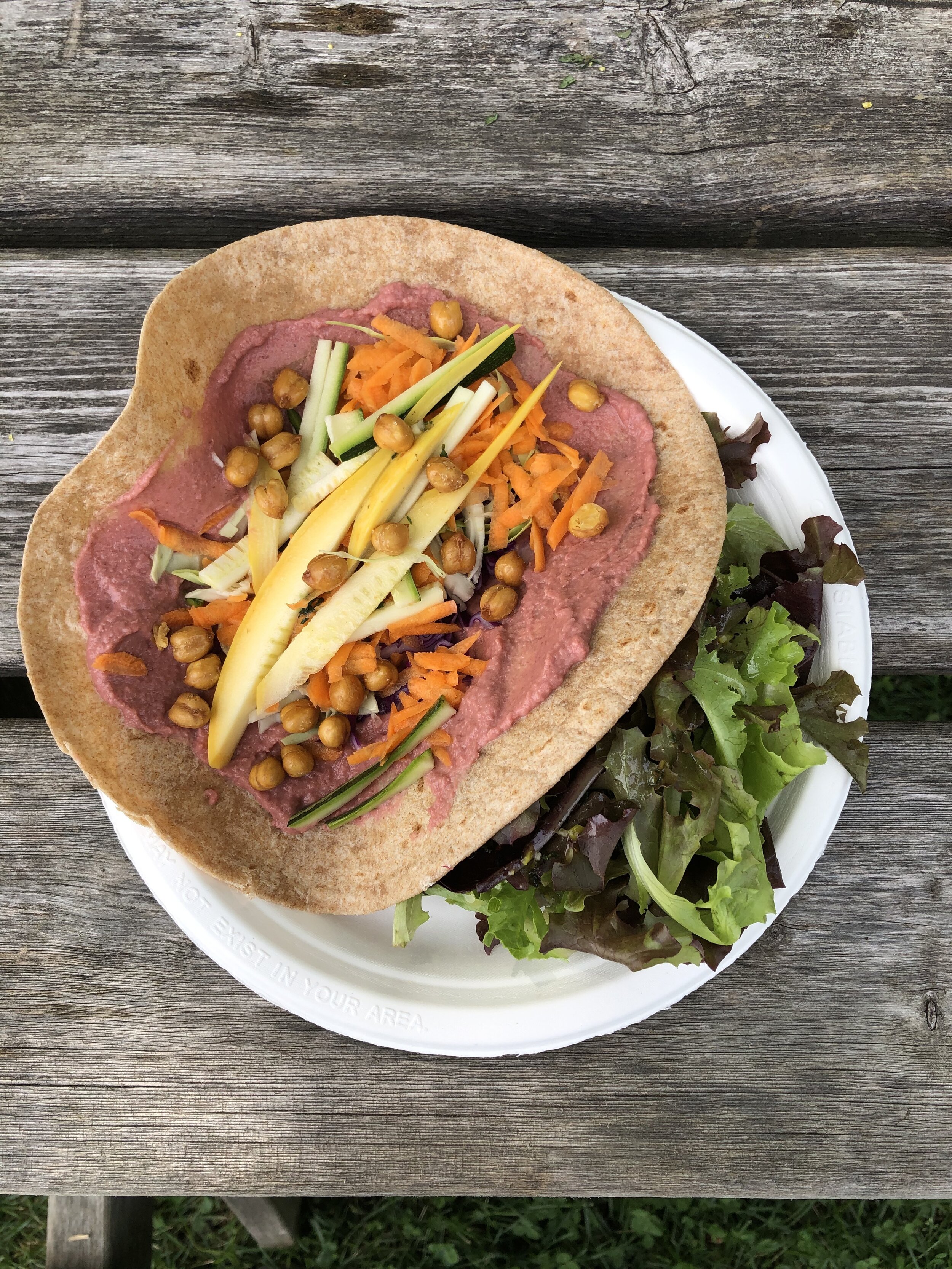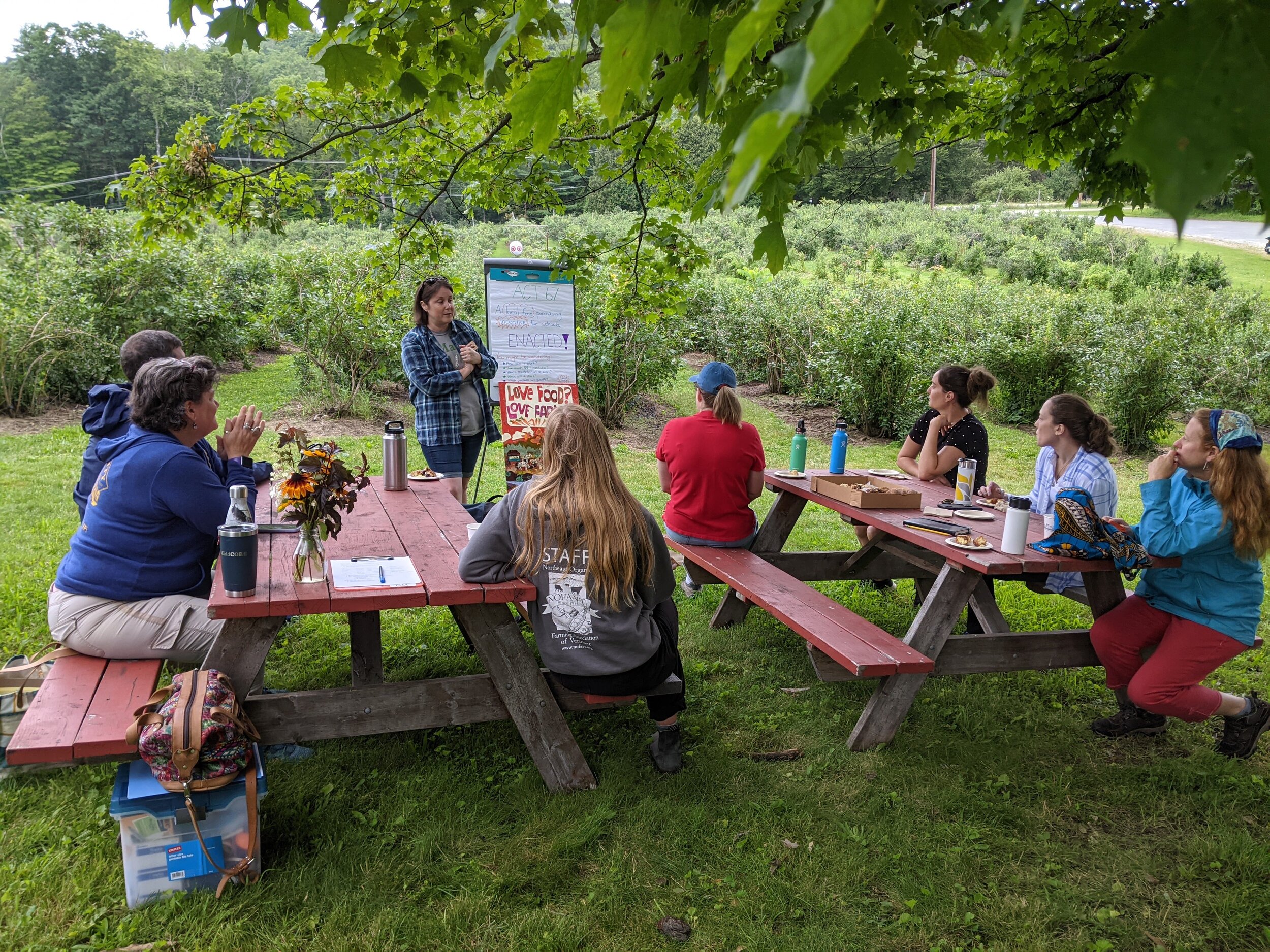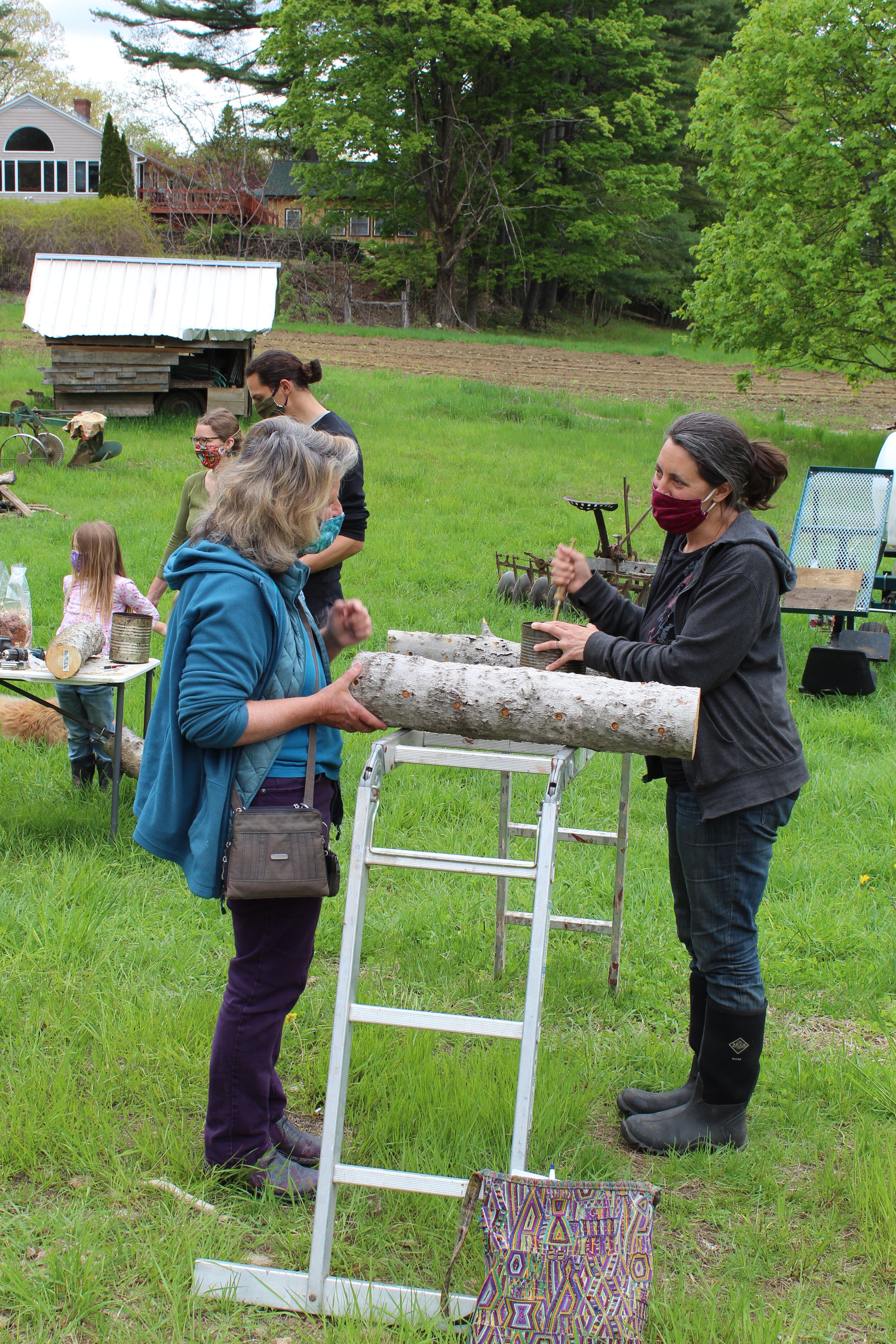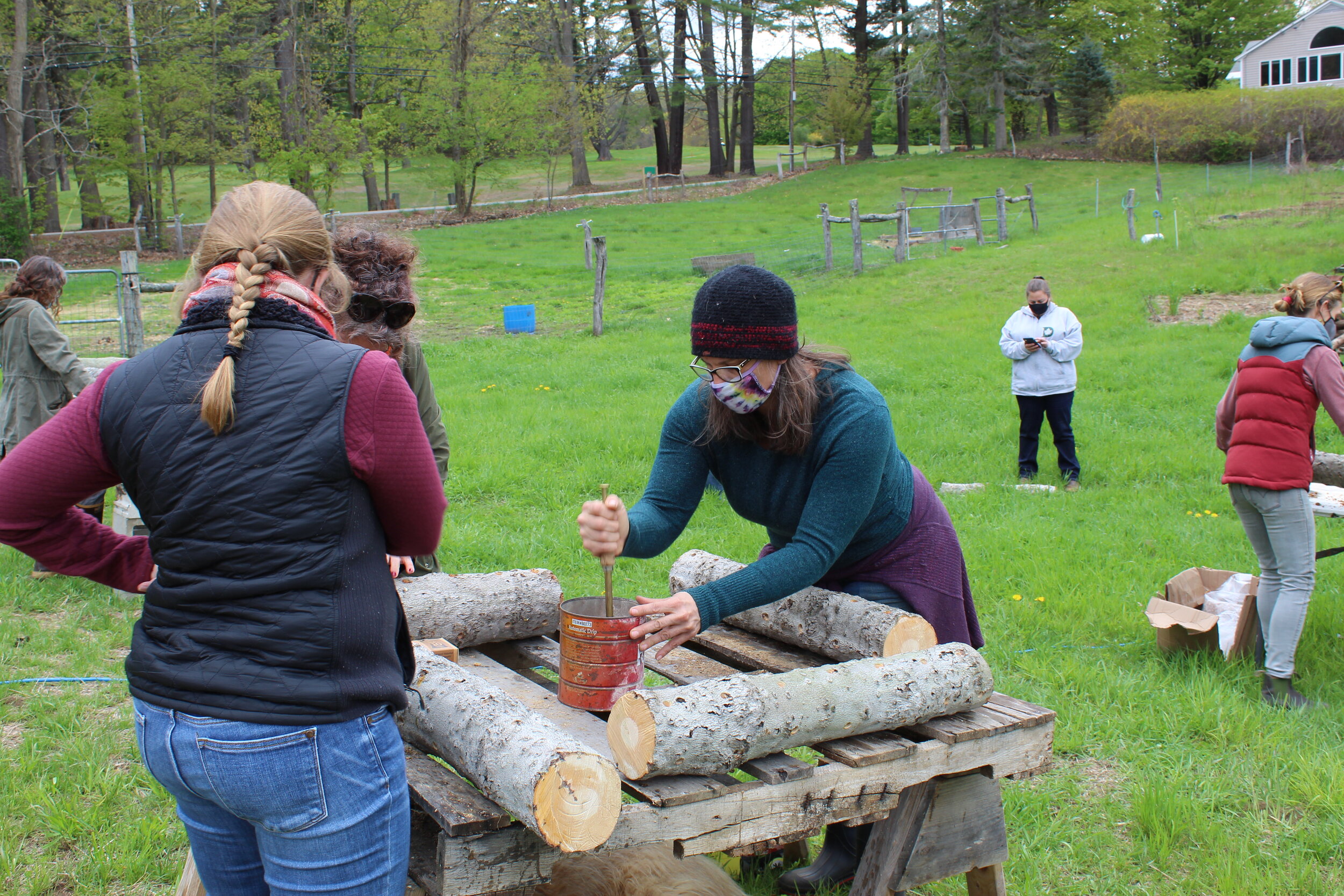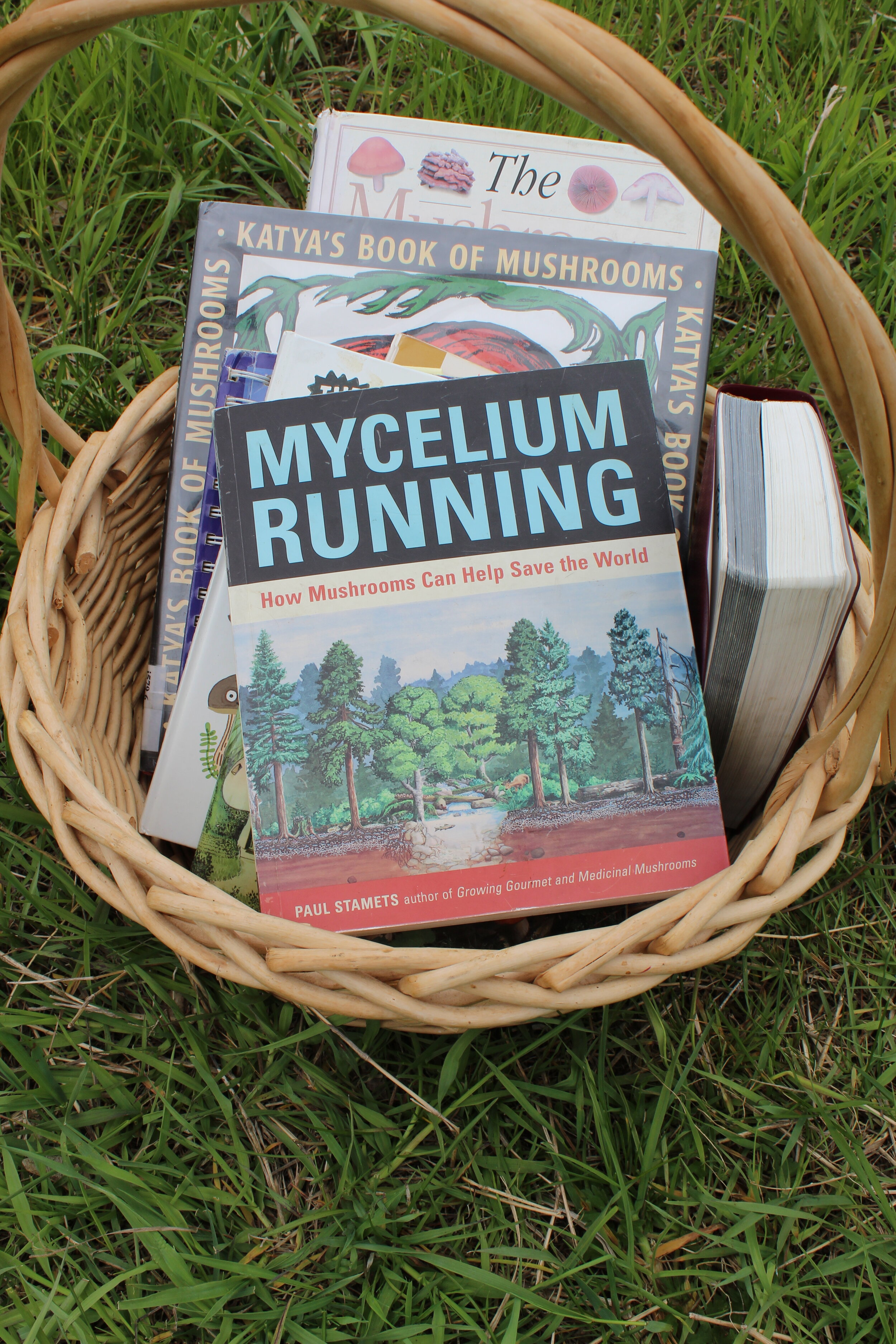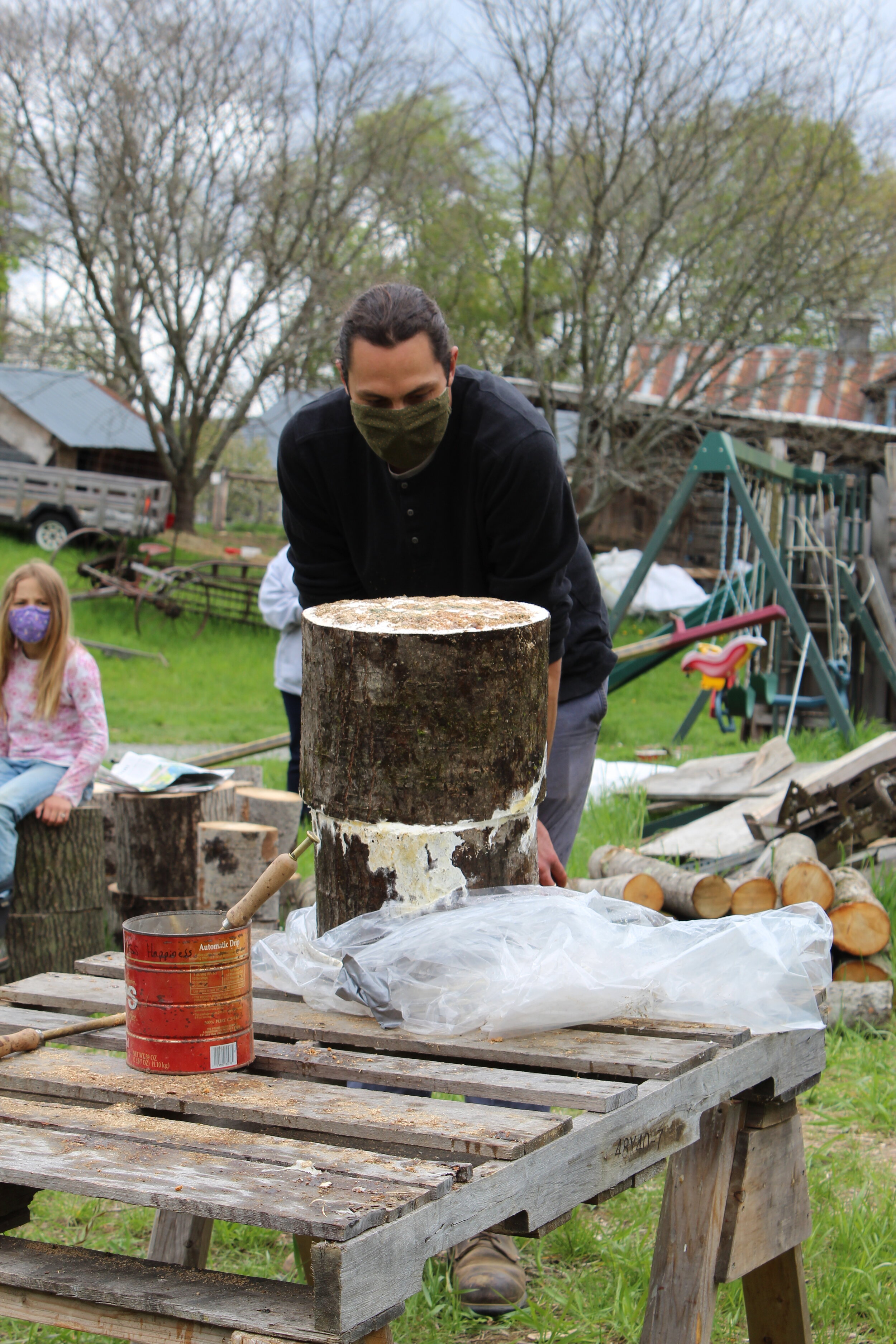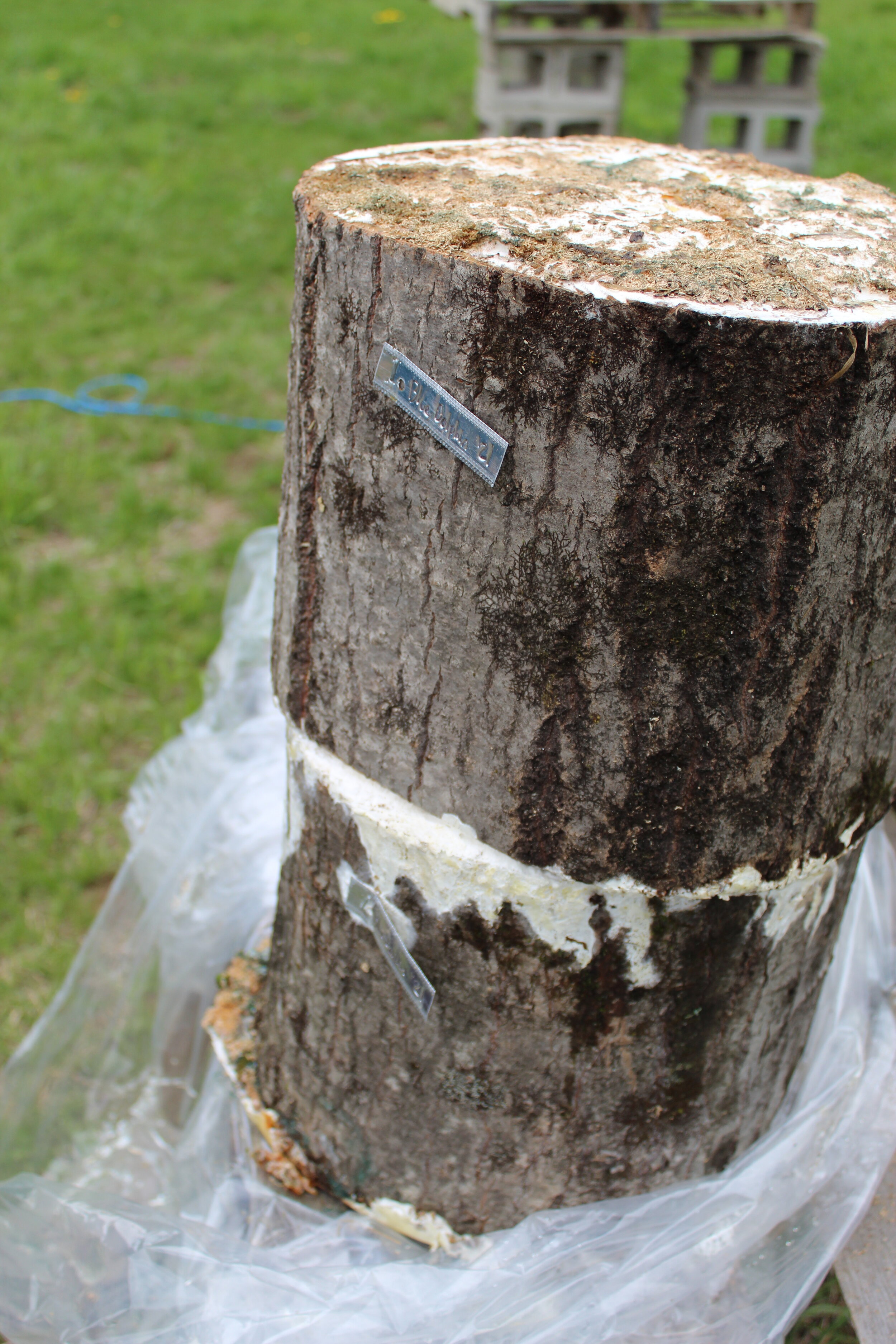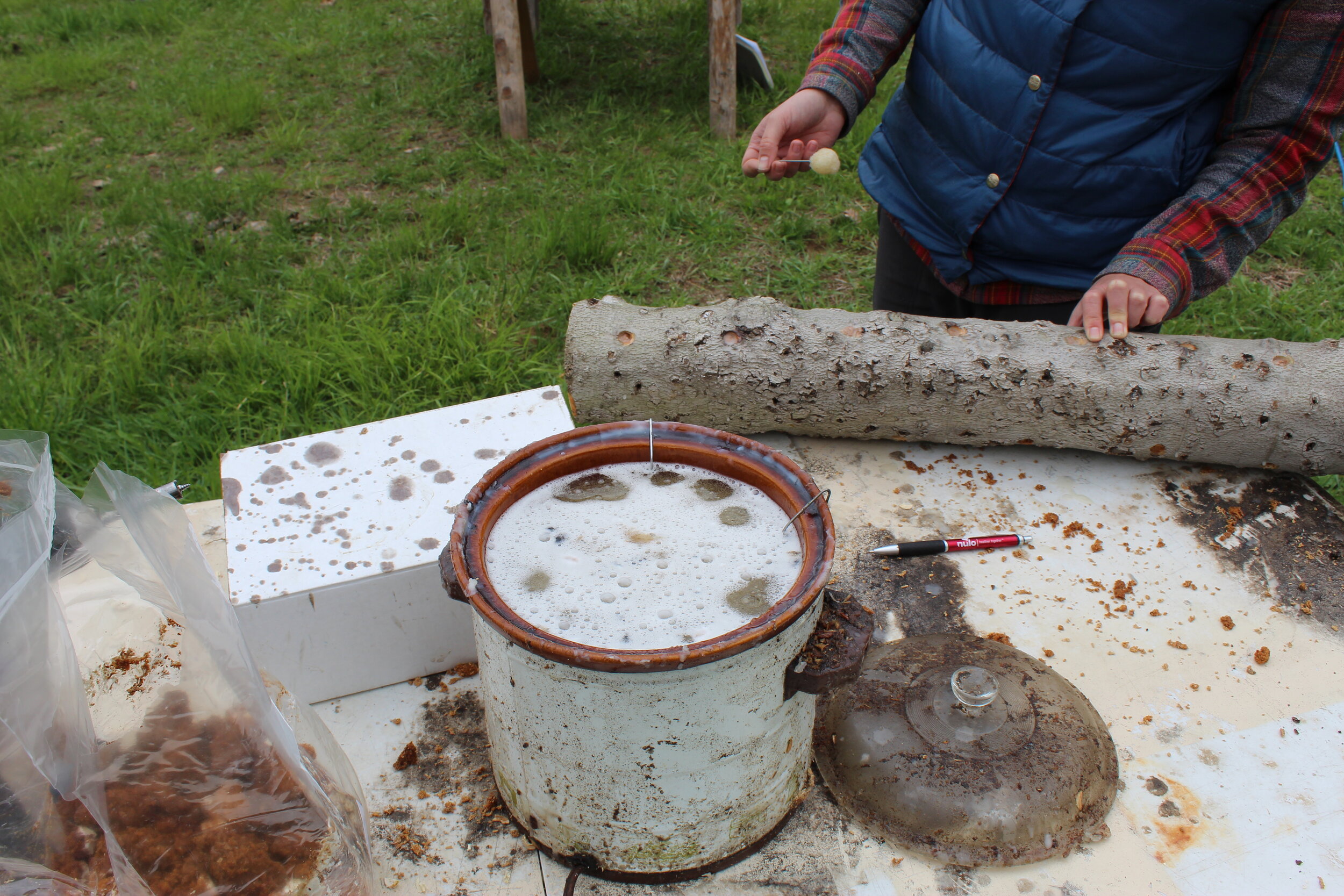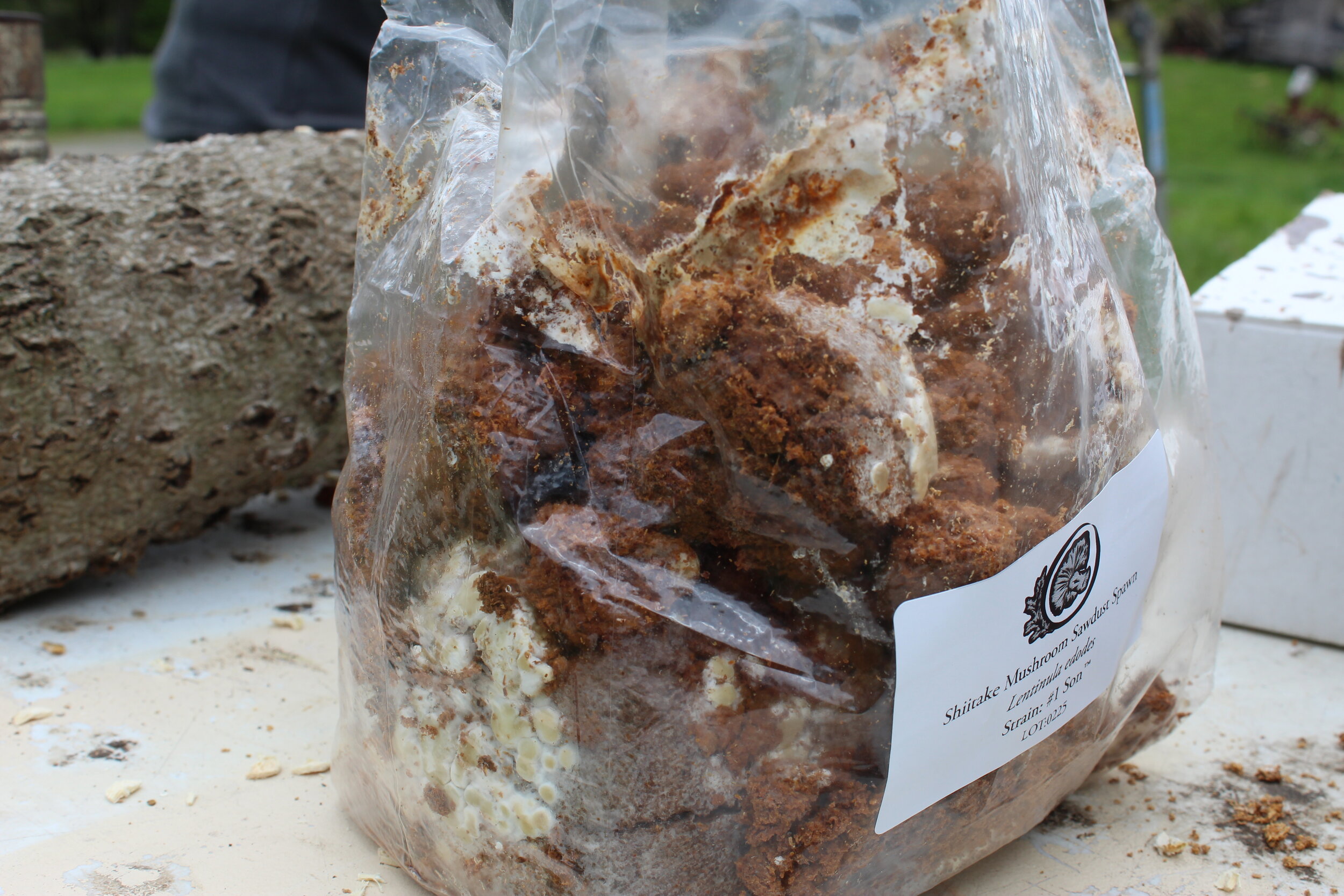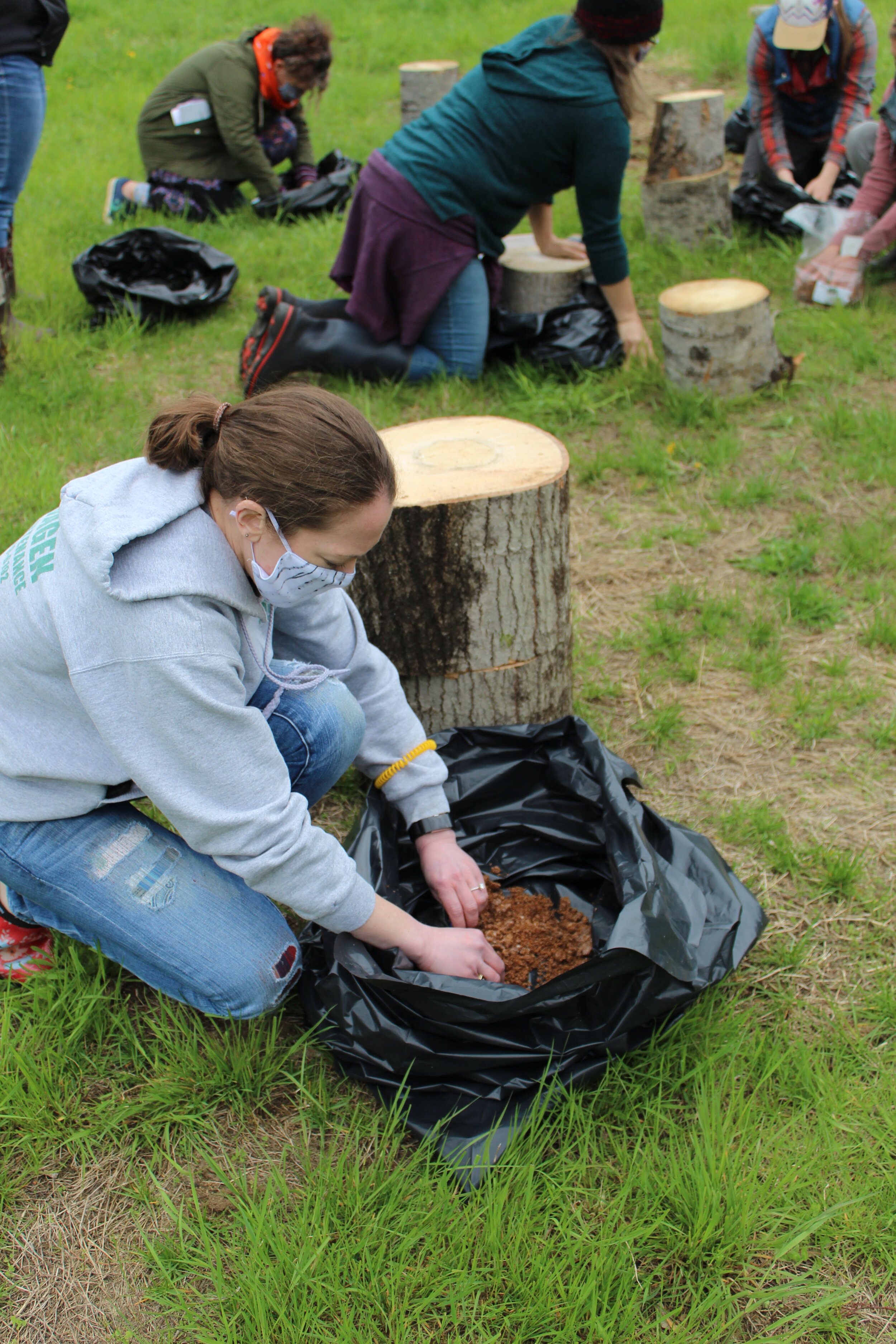2021 Monadnock Farm to School Network - Fall forum
Saturday, November 13, 2021
9:00 - 11:00 AM, virtual event
Cornucopia Project and Stonewall Farm have teamed up to form a new regional branch of the NH Farm to School Network (NHFTS) here in the Monadnock Region. Monadnock Farm to School (MF2S) is gathering for the first time on Saturday, November 13, 2021, 9:00 - 11:00 AM. This virtual forum is an opportunity for teachers, school board members, school staff, parents, and individuals passionate about Farm to School, to learn about how they can incorporate Farm to School (FTS) activities in their school.
National Farm to School programs sprouted in 1996-1997 to change food purchasing and education practices to improve student health. NHFTS Network was established in 2003 as a pilot program to introduce local apples and cider into NH K-12 schools.
Examples of FTS implementation include locally sourced food served in cafeterias and taste tests, hands-on learning in school gardens, or education activities related to food, health, nutrition, or agriculture.
Cornucopia Project has brought FTS programming to Symonds and Fuller schools in Keene over the last few years, even though the organization is based in Peterborough. According to Lauren Judd, Executive Director, "We are available to support schools and groups as they explore FTS learning. Our aim in establishing the MF2S Network is to create broader access to these fun and healthy activities."
MF2S members will share a free FTS teaching module with participants during the forum. Originally developed by the Vermont Farm to School Network, "Nuts & Bolts of Farm to School: Gardening, Cooking, and Farm Field Trips" will, according to Sheila Humphreys of Food Connects based in Southeastern Vermont, "liven teacher's existing curriculum with a multi-sensory FTS approach. We are excited to expand our FTS programming to the Monadnock Region." A Q & A will follow the module presentation. Teachers will receive professional development credits for their participation in the forum.
"Our students are the most important piece to this puzzle, representing the future of policy and agriculture," adds Rebecca Lancaster, education director, Stonewall Farm. "The MF2S Network will facilitate this mission by arming educators with the resources they need to successfully integrate Farm to School programming into their classrooms."
The Monadnock Farm and Community Coalition is the coordinator of the event and works behind the scenes to build capacity for FTS curriculum and activities throughout the region.
Monadnock Farm to School (MF2S) Network members include Cornucopia Project, Food Connects, Stonewall Farm, Monadnock Farm and Community Coalition, and NH Sustainability Institute.
To register or find out more, go to: https://monf2school.eventbrite.com, or call 603.852.3198.
###
Cornucopia Project's mission is to plant seeds for a lifetime of healthy eating through garden, kitchen and farm education.
Food Connects is an entrepreneurial nonprofit that delivers locally produced food through its Food Hub, and offers farm to school educational and consulting services.
The Monadnock Farm and Community Coalition is a coalition of 140 member organizations who come together regularly to build a sustainable local food system by cultivating community action and building collaboration to implement effective programs, projects, and policies.
Stonewall Farm offers a variety of farm-based education programs for schools, homeschool, and youth groups. Additionally, it teaches and demonstrates regenerative farming to people of all ages to ensure food security, vibrant communities and a healthy planet.
The Sustainability Institute’s mission is to be a catalyst, convener, and champion of sustainability ideas and actions across and beyond the University of New Hampshire. The institute fosters a culture of sustainability that permeates the civic, professional, and personal lives of members of the UNH community.


